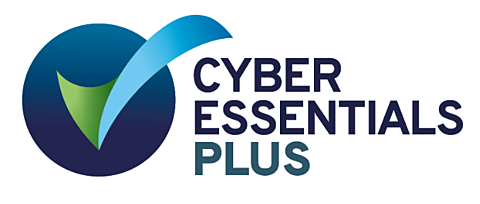Blinded by the lights: How Trustee Boards keep pension schemes efficient and secure is changing, but some things never change
3 Jul 2023
Pension schemes play a crucial role in providing financial security to their members in retirement. Yet the execution of the scheme is often delivered through a third party. So, how do you know if your third-party supplier is up to scratch? Or how your members perceive and experience the effectiveness of the service? And how do you make time to check-in on the important as well as the urgent?
Many Trustee Boards spend time focused on the continuous stream of firefighting activities related to administration services. These inevitable distractions often get in the way of trustees being able to step back and think about the overall performance and long-term strategic objectives of administration.
Maintaining focus
With cyber attacks dominating headlines, there’s a new influx of issues to add to the never-ending high-priority to do list. Of course, security is paramount. Of course, trustees, rightly, should be checking the processes and controls of their administrator. And, of course, security of members’ data should be at the top of the list. But that is all part of the Effective System of Governance that the Trustee Board should have in place, which can be assessed through an Own Risk Assessment. We’ve written about understanding and managing your risks before.
But, when your time is consumed with urgent matters, there’s no time left to deal with the important. We see this time and time again, but leave those important (but non-urgent) issues for too long and they will start to manifest into urgent issues of their own. So you need to make sure there is sufficient time allocated to your scheme’s strategic thinking.
Key areas to consider
1. Strategic partnership
Your third party supplier is a key partner in delivering the service to your members. A key first step is to involve them in your strategic thinking, to benefit from their wider experience across other schemes. Then agree a road map for your scheme that’s aligned to your strategy.
2. Operational efficiency
Your third party supplier handles key parts of your scheme operations, like record-keeping, contributions, benefit calculations and communications with members. Periodic performance reviews help identify inefficiencies, bottlenecks and even errors (which can be anywhere in the process). System and process analysis drive improvements in quality, accuracy and timeliness – delivering increased operational efficiency.
3. A better member experience
Service isn’t just about sending a benefit statement within legal timeframes, it’s how pain points are handled. How long does your third party supplier take to process a settlement after a death notification? A robust review process delves into areas where the member experience needs to be enhanced as well as identifying online self-service opportunities, streamlining channels and increasing accessibility. These all help to provide a better member experience.
4. Mitigating risks
Meeting the minimum regulatory requirements isn’t the same as working with a robust risk management framework. This looks beyond legal obligations to integrate industry best practices and guidelines. Regular reviews allow for early identification and mitigation of potential risks.
5. Delivering better value
Periodic reviews to assess cost structures, fees and service levels help provide an opportunity to negotiate fees, benchmark against industry standards and consider alternative service providers – if necessary. When schemes are able to deliver better value from their suppliers they can think about investing for better member experiences. Often investing in data or automation drives the best long-term value.
6. Identifying new tech
Technology continues to shape the pension industry, with automation, analytics and data-driven insights. Benchmarking and industry evaluation allows trustees to understand whether they are keeping pace and leveraging the solutions that are available to increase efficiency and improve member experiences.
So whilst the headlines are focussed on cyber – don’t forget the other important issues!
The dynamic pensions landscape continues to throw urgent distraction, after urgent distraction at Trustee Boards. But that shouldn’t come at the expense of looking strategically at the operation of the scheme and its outsourced providers.


